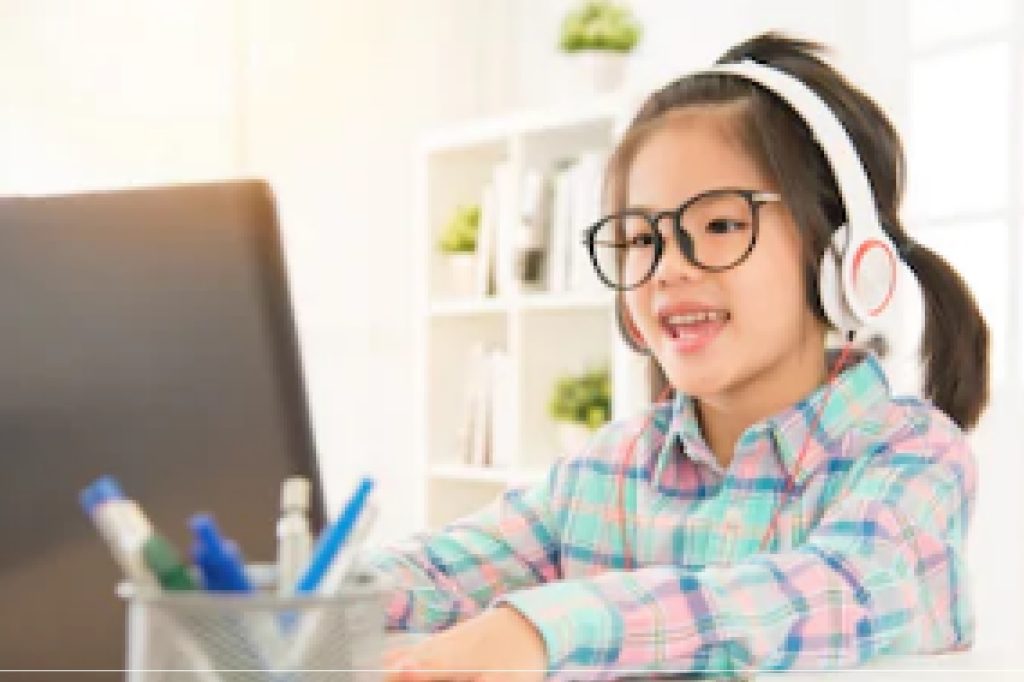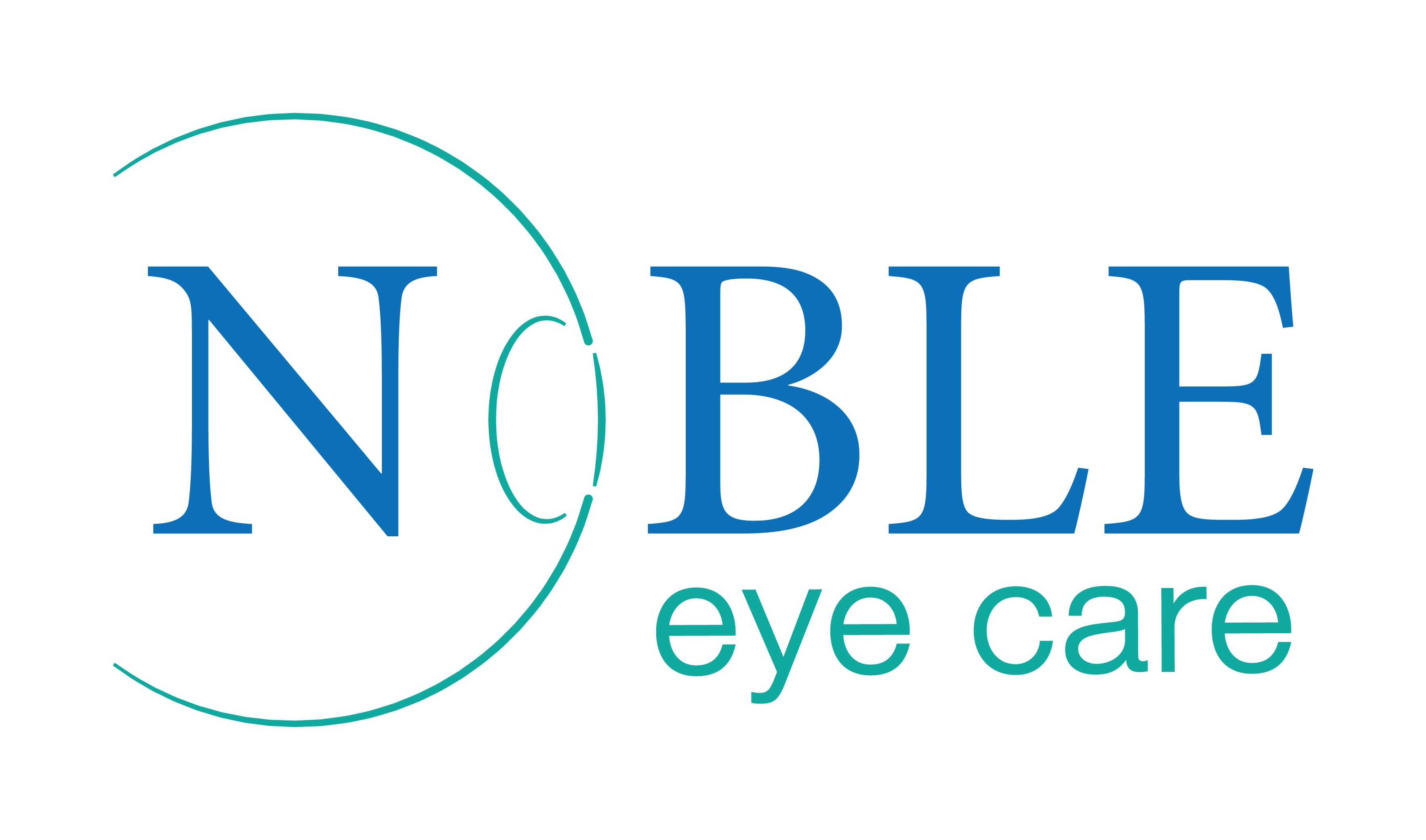Education is changing, learning is moving from the classrooms to the online world. This means that children and young adults are having to put in many more hours in front of the screens than they ought to and unfortunately have no other option. I am often asked this question by parents, how can we care for our children’s eyes when they are spending excessive time in front of screens? or how to protect my child’s eyes during prolonged screen time? This is a very valid concern and I will try and address this here.
The first aspect to look at is why are screens harmful for eyes? The answer to this is multifactorial. Firstly, most people use smartphones and tablets, both of which amount to near tasks. In children, it has been seen that prolonged near tasks can cause an increase in myopia (near sightedness). The second factor is that when we are watching screens, our eyes are focussed at a fixed distance for a long time. While in everyday life we are focusing at objects at near or intermediate or far distance, and our focus keeps changing, when watching a screen, everything is happening at a fixed distance. This can cause eye muscle fatigue and weakness. Thirdly, when watching a screen, we get very engrossed in the moment and forget to blink enough. This is particularly true for children and it causes the eyes to become dry and then reflex watering to start. Fourthly, the blue light coming from a screen can cause harm to the retina, particularly when the screen is being seen in a dark room. This has the potential to cause macular degeneration. There are certain non-ophthalmic effects of screen time to such as reduced attention span, hyperactivity, cervical spondylosis etcetera which are undesirable in both children and adults.
Keeping these points in view, the next aspect to this query is how much screen time is acceptable for children and how much screen time is too much? This does not have a straight forward answer. Actually, there is no exact definition of recommended screen time, in fact in one way the ideal screen time is zero but that is not practical in today’s world. Keeping this in mind, a general guideline that we can follow is that for toddlers you want to keep screen time as low as possible but try not to exceed 20-40 minutes in a day with never more than 20 minutes at a stretch. For children in early learning classes or ages 3-5 years, 1 hour should be the limit, in 3 stretches of 20 minutes each. For children in the age group of 5-15 years, screen time may be further increased beyond 1 hour to as minimum as required for education and basic entertainment. For individuals aged 16 years or above, no such limit exists but any unnecessary screen time should be avoided particularly if symptoms of headache, watering, eye strain or fatigue exist.
While the above guidelines are not sacrosanct and only indicative, it seems that many times these are exceeded with education in schools shifting online. However there is no need to worry too much and with the basic precautions and tips that I will discuss here, most adverse effects of screen time will be averted. I am breaking up my advice into 7 tips for healthy eyesight.
# Tip 1: Wear Glasses, if prescribed
If your child has been prescribed glasses by an ophthalmologist, then ensure that he or she wears them all the time, including when watching screens. There is usually no good alternative to glasses and even contact lenses are not best suited for prolonged screen time. Regular and constant use of glasses will go a long way to reduce eye strain. In case your child does not have a refractive error or weak eyes and does not need glasses, there is no need to get special anti-glare glasses made for him or her as their screen time is unlikely to be that prolonged anyways.
#Tip 2: Always watch screens in a well lit room and choose the screen wisely
It is recommended that screens be watched in a well lit room to reduce eye strain. Generally, the brightness level on a monitor or screen should be kept around the middle at a moderate brightness setting and the same should be viewed in a room with adequate lighting. Watching screens in a dimly lit room lead to increased eye strain and risk of retinal damage. Another point to note with regard to screens is that if having a choice, it is better to let your child use a laptop or tablet at medium range of 50 cms rather than a smartphone at 33 cms.
#Tip 3: Frequent eye blinking
There is a tendency to get engrossed when watching screens and children often tend to forget to blink. This would result in watering of eyes, abnormal blink patterns, forceful blinking or eye rubbing. These are all a result of the dry eyes caused by the lack of adequate blinking and this is worse in air conditioned rooms. We must remind our children and ourselves to blink consciously when in front of screens to ensure strain free viewing.
#Tip 4: Take regular breaks
It is very important to take regular breaks from screens, both for the eyes and for the body. Ideally, we should follow the 20-20-20 rule which states that every 20 minutes we should look away from the screen for 20 seconds at an object 20 feet away. These short breaks give our eyes a chance to change focus to a faraway object and also help the neck muscles relax. If we regularly follow this process then we can avoid eye fatigue despite spending the whole day in front of a screen. It is quite possible that the duration of online classes is longer than 20 minutes hence this rule can’t be exactly followed but in such a case, a break should be taken as soon as a session ends or whenever convenient within the session. Most online courses and classes are not designed to be of durations longer than 20-40 minutes and this rule can be practiced.
#Tip 5: Minimise screen time to what is essential
We need to use screens for various purposes such as work, education, entertainment and social connections. Of these, many things can be done by alternate means. Therefore, the use of screens should be kept to a minimum and for only the most necessary. Wherever possible, avoid. As parents, if we are glued to the television of smartphone, then it is only natural for the child to want to use these devices. We can’t expect to spend time of screens while the child does reading or other less fun tasks.
# Tip 6: Spend time outdoors
Outdoor activities have been one of the only proven protective factors for myopia (near-sightedness). In studies from around the world, particularly Singapore, it has been found that children who spend more times outdoors tend to have lesser progression of myopia. Thus, it is very important for the child to spend time outdoors, gazing at far distant objects. Time outdoors in the sun is helpful for the overall health of the body too with increase in vitamin D production, enhancement of immunity and emotional well-being.
# Tip 7: Good diet
A good balanced diet is extremely important for all of us and more so for children. While there is no doubt that all vitamins and micronutrients are important for the body, certain ones are particularly important for the eyes. These include vitamin A, vitamin C, vitamin E, lutein, Zeaanthin and omega fatty acids. These are naturally found in diet in carrots, beetroot, mango, papaya, citrus fruits, amla, green leafy vegetables, almonds, walnuts, eggs, fish etc. It is best to try and have the child eat these vitamins in a natural form rather than having to give supplements. A thing to remember though is that there is no direct correlation between eyesight and diet and poor eyesight is generally not due to dietary deficiency unless it is in a very malnourished child. So, I hope these tips help you look after your child’s eyes. We need to get used to the use of technology in education and there is no running away from the fact that screen time is only going to rise further in the times to come. SO we should all make best use of the time in fromt of our screens and teach the child to do the same too.

![DigvijayProfile[1]](https://drdigvijaysingh.com/wp-content/uploads/2017/11/DigvijayProfile1.jpg)
